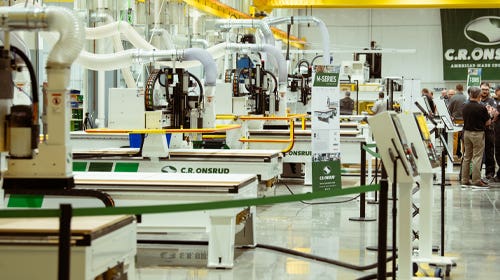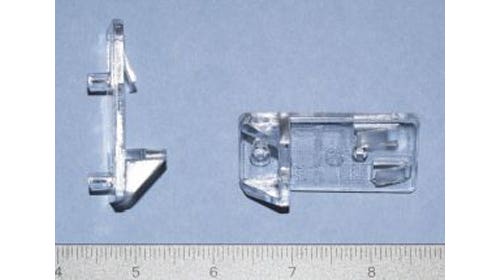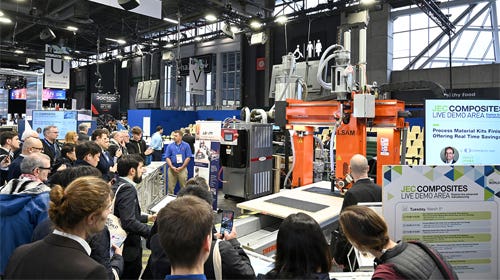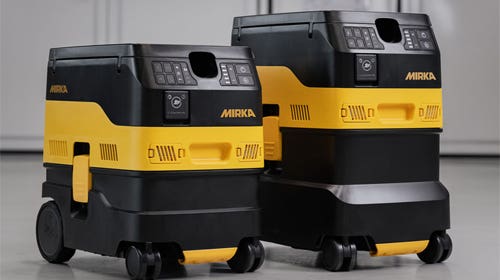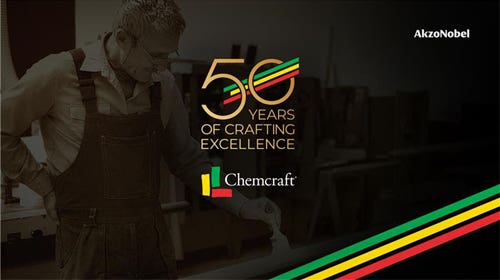Mobile classroom teaches sustainability
The Pennsylvania WoodMobile, a sustainable wood products classroom on wheels, welcomed its millionth visitor in August thanks to a group of 40 students from the Solid Foundation Education Association of…
The Pennsylvania WoodMobile, a sustainable wood products classroom on wheels, welcomed its millionth visitor in August thanks to a group of 40 students from the Solid Foundation Education Association of Port Matilda, Pa.
The WoodMobile is a traveling learning laboratory sponsored by the Pennsylvania Hardwoods Development Council, with support from the Pennsylvania Forest Products Association. It first hit the road in 2002 and has appeared in 64 counties throughout the state at nearly 450 events, from school appearances to farm shows. It attracts an average of 110,000 visitors each year.
Wayne Bender, who was hired by the council in 2000 to coordinate and develop the WoodMobile program, says the target audience of the educational program is older elementary school children. School programs usually include a William Penn presentation focusing on the history of the state, why the forest landscape changed and how, through sustainable forestry, the wood products industry is a positive thing for the environment as well as for wood use.
"Our goal with the WoodMobile Program is to help children understand critical thinking when it comes to the wood resource and that wood is part of the environment's answers to the problems, rather than the cause of the environmental problems," says Bender.
He says that, by third grade, most schools teach rain forest education, which typically send a message to students that cutting trees down is a bad thing. But the topic is much more complex when you factor in sustainability issues.
"What I've seen happen is teachers oversimplify rain forest education by saying trees provide oxygen and, therefore, don't cut trees down," he says. "What we're trying to explain is that wood is the renewable resource and is better than using the much more environmentally costly products such as steel, metal, plastics, cement."
For information, visit www.agriculture.state.pa.us.
— Jennifer Hicks


